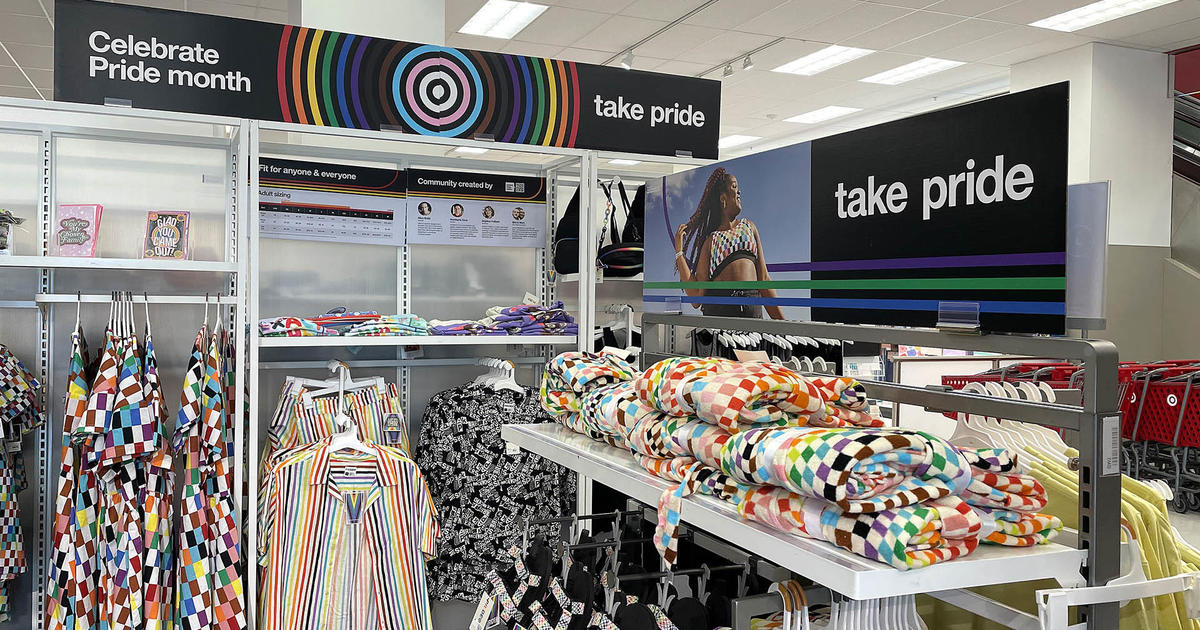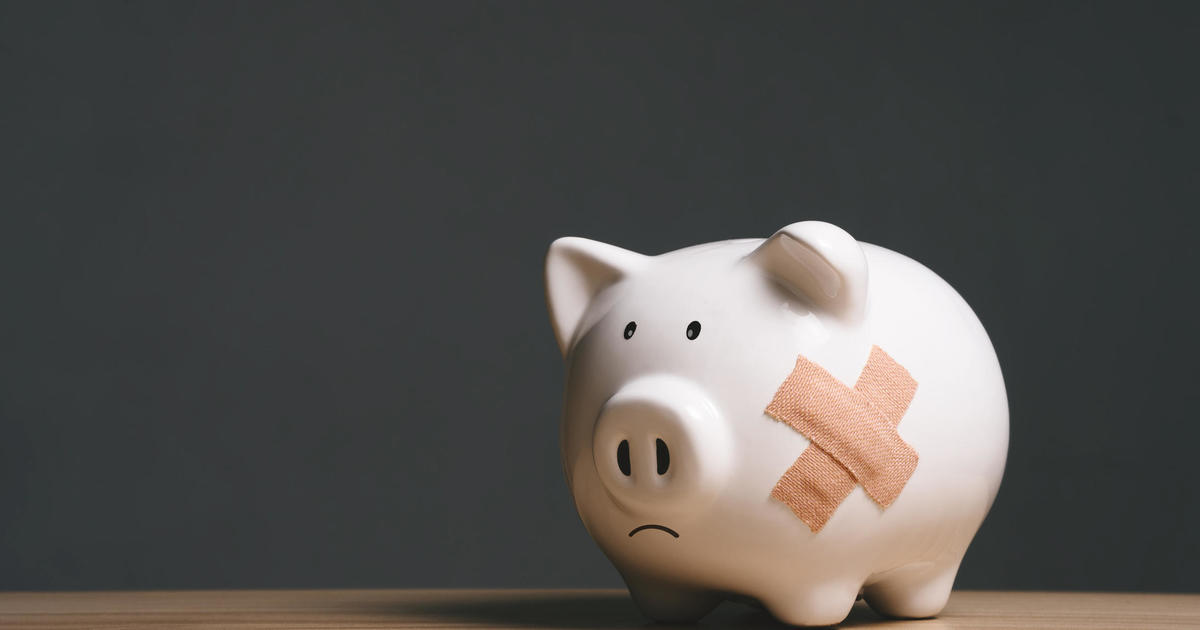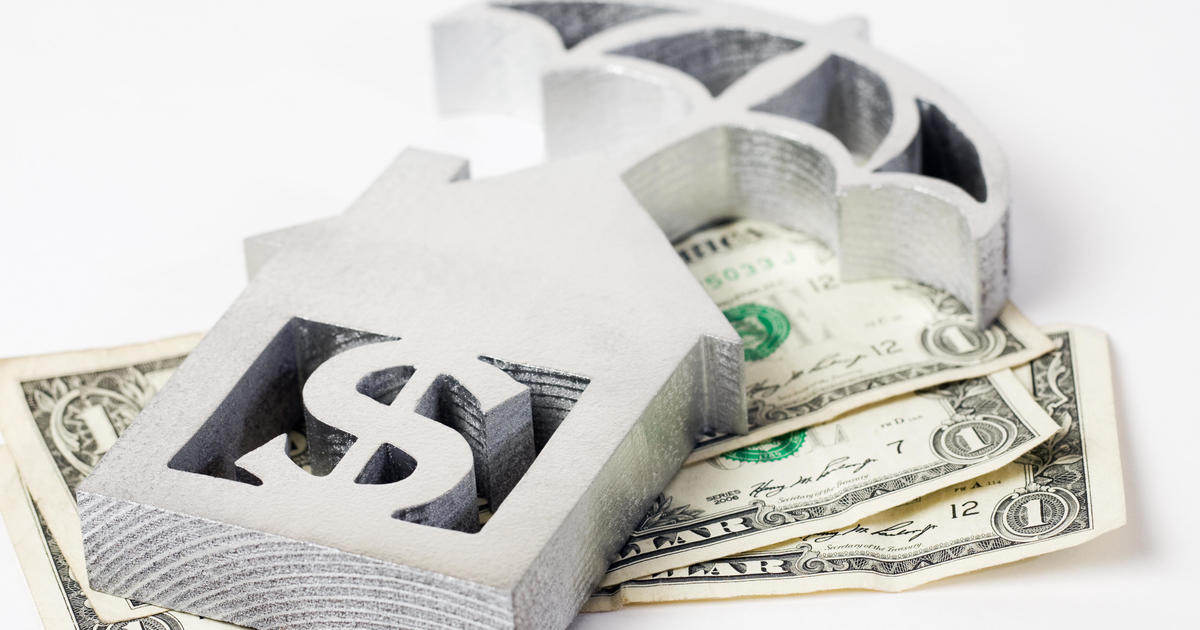Plastic straw bans a drop in the ocean in keeping our waters clean
California has fired another volley in the plastic-straw wars, enacting a law that bars sit-down restaurants from offering straws to diners unless they specifically request them. The move follows total bans on plastic straws in cities including San Francisco; Malibu, California; Seattle; and Miami Beach, Florida.
Yet cutting down on the use of straws, while a highly visible symbol of the push to reduce the use of plastic, are just the tip of the iceberg when it comes to cleaning up our oceans and other waterways, environmental advocates say.
"It's not just straws -- it's all the single-use plastics, it's all the cigarettes that people drop on the beach," Conrad MacKerron, senior vice president at As You Sow, recently told CBS MoneyWatch.
Straws are the seventh-most common trash item found on beaches, largely because of the huge amounts American use -- about 500 million a day, according to the National Park Service. But in the context of the overall plastic problem, they're tiny. Single-use straws make up less than 4 percent of the volume of plastic waste in landfills and waterways.
"I think it's a big deal that they're taking the step, because it shows that this issue of plastic pollution is starting to get a lot of attention," said Jacqueline Savitz, chief policy officer at Oceana. "Obviously, it's going to take a lot more to address that problem."
That problem appears to have gotten worse this year. With China drastically cutting how much plastic it imports from the U.S., many waste-management facilities stateside have halted operations or raised prices for cities to recycle. Only 9 percent of the 34 tons of plastic produced in 2015 (the latest year for which data was available) was recycled, and that figure is dropping further.
Savitz and other environmental advocates hope states will move to discourage the creation and use of all types of plastic, including single-use bags and bottles for beverages and toiletries. Cities that have implemented fees on plastic shopping bags have seen a huge drop in plastic-bag litter. Bottle deposit laws are also effective in reducing litter, with one study showing they double the recycling rate.
For consumers, the most earth-friendly move of all is to stop buying plastic altogether, opting instead for packaging that is made of metal or glass.
Glass is highly recyclable, and some brands prefer it to plastic because it can make a product look more premium, according to Arthur Gallego, principal and founder of Gallego and Co., a marketing consulting firm.
That can also mean bringing a reusable container to stores, and demanding that companies offer non-plastic alternatives for packaging, Savitz said. "If companies don't stop forcing us to buy excess plastic, we won't solve this problem," she said.
"It's not all about what the consumer is doing. We need these massive-scale solutions that give consumers options and the ability to make good choices, but we can't do it alone," she added.



